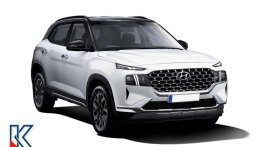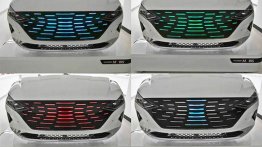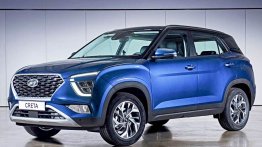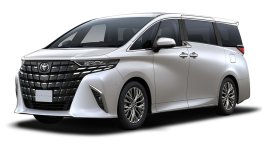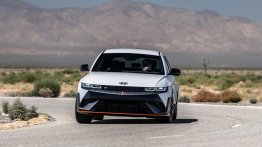The third-gen Hyundai i20 has grown to be quite a popular hatchback in its segment. The new Hyundai i20 is certainly an expensive car, with prices starting from INR 6.80 lakh and topping out at INR 11.34 lakh (ex-showroom) for the top-end Asta(O) turbo-petrol DCT variant. However, it certainly rewards you with equal amount of value as it is the most feature equipped car in its segment and by quite a margin. It also offers one of the widest range of powertrain options in its class currently, with two petrol and one diesel engine option, the latter certainly getting increasingly rare.
Hyundai offers a 1.2L, naturally aspirated petrol engine, a 1.0L turbo-petrol engine and even a 1.5L turbodiesel engine with the new i20. If you are looking for a diesel premium hatchback, the i20 along with the Tata Altroz are the only two options in this class. The i20 obviously gets an old-school 1.2L, naturally aspirated petrol engine. However, if you are of the enthusiastic kind, you'd probably like the most powerful-in-class 1.0L turbo-petrol engine that takes the competition to the likes of new Tata Altroz iTurbo and the Volkswagen Polo GT TSI. There's are as many as five different gearbox options with these three engines on offer.
Also Read : Hyundai i20 1.5L Diesel vs 1.2L NA Petrol - Acceleration Comparison
Hyundai i20 1.0L Turbo-Petrol vs 1.5L Diesel - Engine Specs
| Hyundai i20 Turbo-Petrol |
Hyundai i20 NA Petrol
|
|
| Engine | 1.0L 3-Cylinder Turbo-Petrol | 1.5L 4-cylinder Turbo-Diesel |
| Power | 120hp | 100hp |
| Torque | 172Nm | 240Nm |
| Transmission | 7-speed DCT | 6-speed manual |
With such a wide variety of powertrain options, we wanted to find out which of these might be the quickest. Here in this video, we are comparing the acceleration of the diesel Hyundai i20 in its manual guise vs the turbo-petrol variant with the DCT. A quick look at the specifications reveal that the Hyundai i20 turbo-petrol is more powerful than the diesel, but the latter has way more torque than the turbo-petrol engine. The turbo-petrol engine also comes mated to a more sophisticated 7-speed DCT gearbox while the diesel version gets a 6-speed manual unit. So let's find out how it translates to real world performance.
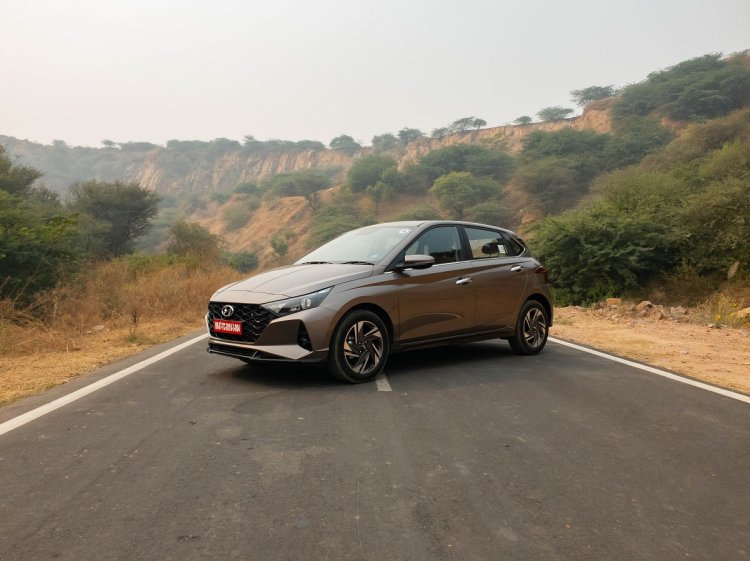
Hyundai i20 1.0L Turbo-Petrol vs 1.5L Diesel - Acceleration
| Hyundai i20 Diesel MT |
Hyundai i20 Turbo-Petrol DCT
|
|
| 0-100kmph (First Attempt) | 11.92 seconds | 11.15 seconds |
| 0-100kmph (Second Attempt) | 11.87 seconds | 11.12 seconds |
| 0-100kmph (Third Attempt) | 11.23 seconds | 11.00 seconds |
With either powertrains having their respective power and torque advantages, the competition was very close with only marginal differences in time. While the i20 diesel was quicker off the line and quick to get up to speed, thanks to the massive torque advantage, the i20 turbo-petrol comes back with greater power towards the mid and top range to eventually come out faster than the diesel version in all the three runs. The best run achieved with the i20 turbo-petrol was 11.00 seconds, while the best run achieved with the i20 diesel was at 11.23 seconds. Numbers aside, both versions of the i20 feel almost equally fast in the real world.
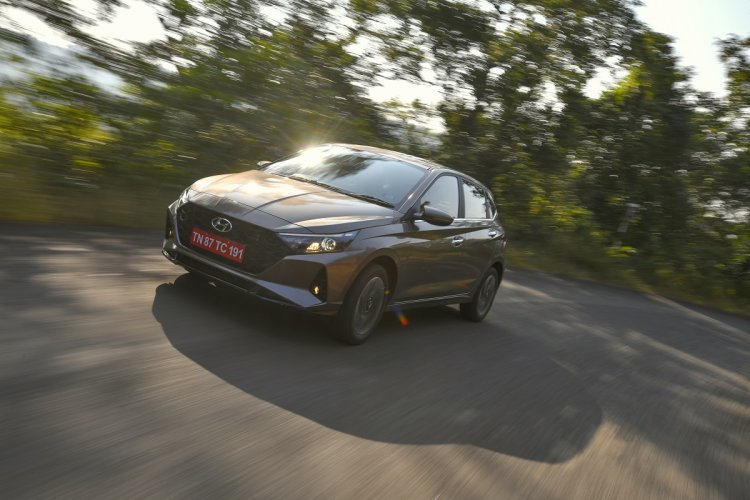
The top-spec Hyundai i20 diesel-manual is priced at INR 10.76 lakh (ex-showroom), while the top-spec Hyundai i20 turbo-petrol DCT is priced at INR 11.34 lakh (ex-showroom). If you are looking for something that's fast and enthusiastic, the i20 turbo-petrol makes for a compelling buy. However, if that's the only priority, you'd be better off with the Volkswagen Polo TSI. Conversely, the diesel i20 is almost equally fast, but it is also way more frugal, bringing in the inherent advantages of diesel over petrol. You, however, miss out on the convenience of an automatic gearbox with the diesel engine. Given its value factor, and with comparable performance, the Hyundai i20 diesel-MT would be our pick in this comparison.
Stay tuned to IndianAutosBlog.com for more Hyundai updates and other four-wheeler news.





















